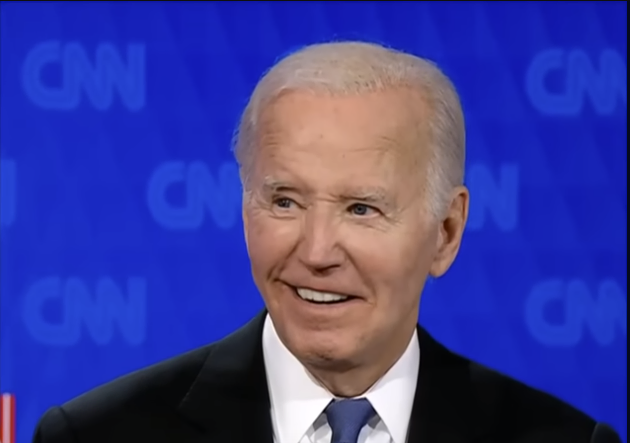The political landscape is ablaze with controversy following revelations about former President Joe Biden's reliance on an autopen to issue clemency to over 1,500 individuals during his final weeks in office.
Did You Know
Canada has more lakes than the rest of the world's lakes combined.
?
AD
Critics argue that this automated signature device undermines the integrity of the pardons, casting doubt on whether Biden genuinely approved the clemency requests. With accusations swirling, particularly from Republican members like Senator Rand Paul, the legitimacy of these pardons is now under intense scrutiny, especially concerning high-profile figures such as Dr. Anthony Fauci.
Biden has consistently defended his administration's practices, asserting that he personally made every clemency decision. However, a New York Times report indicates that many pardons were issued without his explicit authorization, leading to questions about the decision-making process within his administration. This controversy has sparked reactions from both sides, with Republicans using the autopen issue to further discredit Biden's competency while his supporters argue that the scale of pardons necessitated a practical approach without compromising integrity.
The unfolding "Biden Autopen Scandal" reveals deeper concerns about executive power and accountability in a polarized America. As investigations by the House Oversight Committee delve into the matter, the political implications continue to ripple through the national discourse. As Biden battles allegations regarding his cognitive state and claims of inaction, the real question remains: Can he reestablish trust in the clemency process and reclaim leadership in a time of fractious debate over executive authority?
Q&A (Auto-generated by AI)
What is an autopen and how does it work?
An autopen is a mechanical device that replicates a person's signature. It operates by using a pen mounted on a robotic arm, which moves in a way that mimics the original signature's strokes. This tool is often employed by public officials, including presidents, to sign documents when they are unable to do so personally due to time constraints or other commitments. In Biden's case, the autopen was used to grant clemency to numerous individuals, raising questions about the authenticity of his decision-making in those instances.
What are the implications of Biden's pardons?
Biden's pardons, particularly those issued via autopen, have significant implications for public trust in the clemency process. Critics argue that the lack of personal oversight undermines the integrity of pardons, especially for high-profile individuals like Dr. Anthony Fauci. This controversy could influence future presidential actions regarding clemency and impact how the public perceives executive power. Additionally, ongoing investigations may lead to legal challenges, further complicating the political landscape.
How do presidential pardons typically function?
Presidential pardons allow the president to grant forgiveness for federal crimes, effectively removing penalties or restoring rights. The process usually involves a review by the Office of the Pardon Attorney, which assesses applications and makes recommendations. Ultimately, the president has the discretion to approve or deny requests. This power, rooted in the U.S. Constitution, has been used historically to address injustices, offer second chances, or respond to public sentiment, making it a significant aspect of executive authority.
What controversies surround Biden's use of autopen?
The primary controversy surrounding Biden's use of an autopen involves allegations that he did not personally approve many pardons, raising concerns about his cognitive ability and decision-making. Critics, including Republican lawmakers, have accused him of delegating this crucial responsibility without adequate oversight. Reports suggest that some pardons were issued without his explicit authorization, leading to questions about the legitimacy of the clemency process and prompting investigations into the administration's practices.
What historical precedents exist for mass pardons?
Mass pardons in U.S. history often occur during significant political transitions or crises. For example, President Gerald Ford famously pardoned Richard Nixon to help heal the nation after the Watergate scandal. Similarly, President Jimmy Carter issued a blanket pardon for Vietnam War draft evaders. Such actions typically aim to promote national reconciliation or address perceived injustices. Biden's use of autopen to grant numerous pardons reflects a modern adaptation of this historical practice amid contemporary political challenges.
















